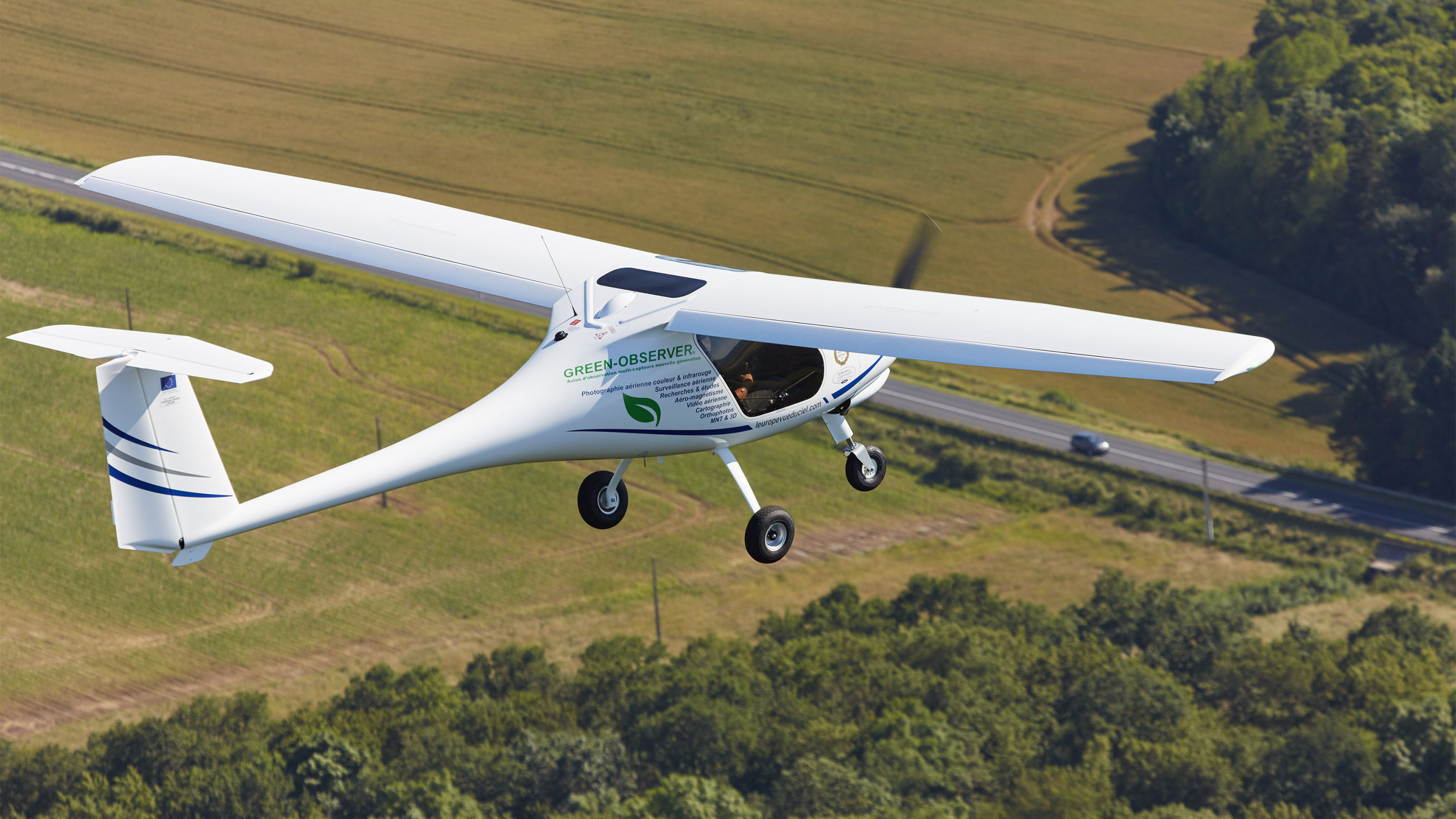StraightnLevel
Line Up and Wait
- Joined
- Dec 8, 2023
- Messages
- 539
- Display Name
Display name:
StraightnLevel
This is probably true, but it represents very short-sighted thinking.I've said it for a decade now, it's always been the OEMs behind the scenes putting their thumb on the scale. They don't want anything to stir up support for the economic life extension of their legacy offerings on the market.
People need to get it through their skulls: OEMs want their legacy non-revenue 20th century piston offerings gone. They want them gone.
In order to sell new aircraft, there have to be pilots who want to buy. Without legacy aircraft that are [relatively] affordable for training and entry into the sport, there will be far less total market for the OEMs' products.
If PPL lessons require a $450/hr Cirrus SR20 because everything else is gone, how many people will become pilots?



